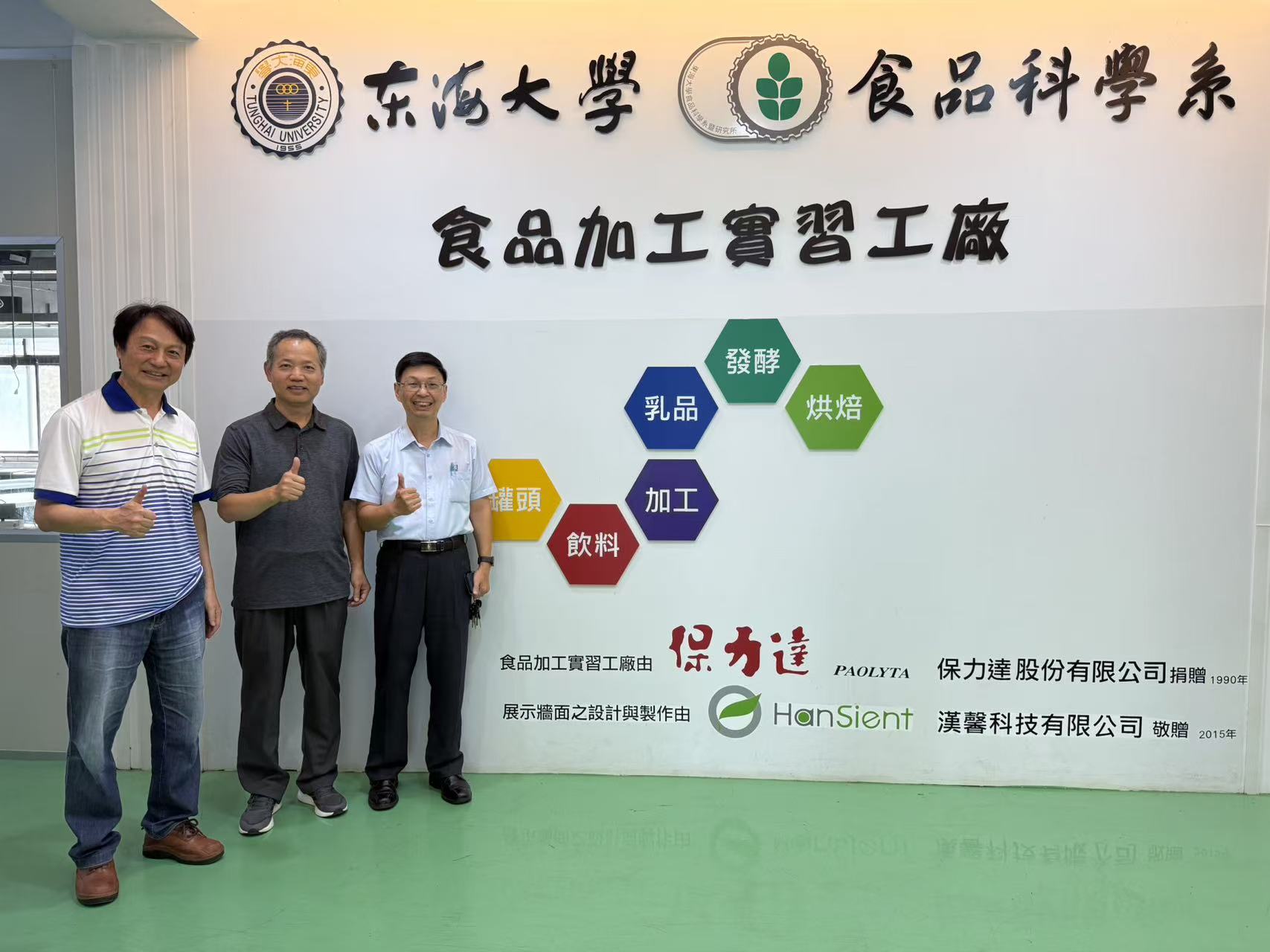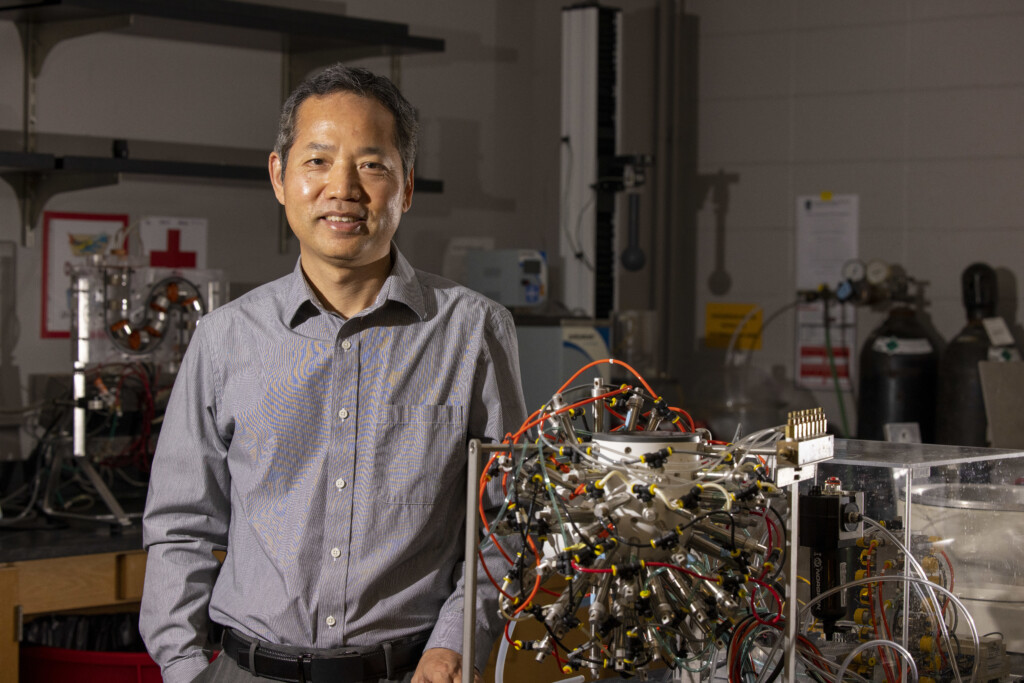Fanbin Kong expands global research connections through AgINSPIRE
Fanbin Kong expands global research connections through AgINSPIRE

Originally posted by the UGA College of Agricultural and Environmental Sciences
When the University of Georgia’s College of Agricultural and Environmental Sciences launched the Agricultural International Networking Study Program for Inspired Research Expansion, or AgINSPIRE, the goal was clear: Strengthen global partnerships and expand the reach of faculty research.
The program provides full-time, tenured CAES faculty with financial support for international study leave, helping them build collaborations, prepare joint proposals and publications, and develop networks with leading agricultural institutions worldwide.
For faculty like Fanbin Kong, professor in the Department of Food Science and Technology‘s online Master of Food Technology program, and Gaelen Burke, professor in the Department of Entomology, AgINSPIRE opened the door to new collaborations, research directions and student opportunities.
Building on existing ties in Taiwan
AgINSPIRE offered the perfect chance to work with collaborators at National Taiwan University (NTU), one of the world’s top-ranked agricultural programs, said Kong.
“I was excited when I first saw this program because I have many international contacts and hoped for in-person interactions,” Kong said. “Taiwan’s National University stood out due to our past connection from a co-sponsored summit 10 years ago.”
Kong’s research uses artificial digestive system models and microencapsulation techniques to protect functional food ingredients during digestion. His NTU counterparts specialize in extracting and preserving those ingredients, making for a natural fit. Together, they explored how new food processing methods affect nutrient release and absorption.
While his visit was primarily academic exchange — seminars, lectures and lab visits — Kong also learned from Taiwan’s culture of sustainability and commercialization.

“I was impressed that Taiwanese students are heavily involved in product development and commercialization. Their products are even sold commercially,” Kong said. “We can benefit from adopting some of these practices to better prepare our students for industry careers.”
Through conversations with faculty in Taiwan, Kong plans to explore adapting his digestive models for research on animal studies, such as cow digestion and methane emissions — expanding his work into new agricultural applications.
“The most rewarding part was the expansion of my research vision,” he said. “I now see broader applications and new collaborative directions. I gained valuable insight into different institutional practices and formed lasting networks.”
Expanding UGA’s global reach
Both Kong and Burke emphasized how the program enhanced UGA’s international visibility and created long-term opportunities for students and faculty alike. From student exchanges to collaborative grants and joint publications, their AgINSPIRE experiences are already shaping the future of CAES research.
Kong encourages colleagues not to hesitate. “Take the chance. It’s a low-risk, high-reward opportunity,” he said.
“It was re-energizing, fun and valuable for forming connections and thinking about research in new ways,” Burke added.
Experiences like these demonstrate AgINSPIRE’s promise to expand research horizons, deepen international partnerships and position CAES faculty at the forefront of agricultural discovery.
For information on the program and requirements for application, contact the CAES Office of Research at ag.research@uga.edu.
